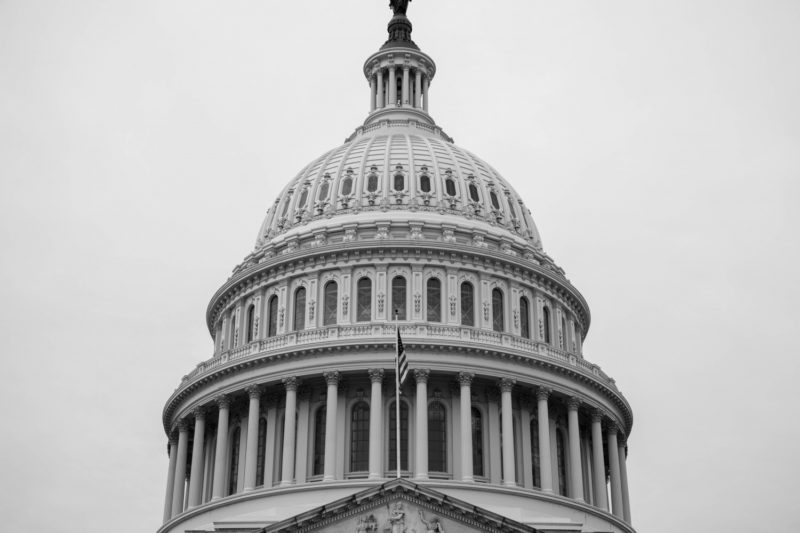What Employers Need to Know About the COVID-19 Relief Bill

Save as PDF
On Monday, December 21, 2020, Congress passed an emergency stimulus package designed to deliver approximately $900 billion in COVID-19-related aid. The bill, which was part of a $1.4 trillion spending package that will keep the government open for the fiscal year, has been sent to President Trump and he is expected to sign it into law.
Notably, the bill provides funding for unemployment benefits, small businesses, direct economic payments to individuals, vaccine distribution and rental assistance. There are also a few highly-anticipated employee benefits items that made it into the legislation at the last minute:
Extension of the FFCRA Tax Credits
While the bill does extend the tax credits employers can receive for offering Emergency Paid Sick Leave and Expanded Family Medical Leave until 3/31/21, it appears the bill removes the mandate to provide such leave. This means that employers will have the ability to provide the leave if they choose to, and receive associated tax credits, but wouldn’t be required to provide either type of leave.
Expansion of FSA Rollover Amounts and Grace Periods
The bill gives employers the flexibility to amend their plans by allowing carryover of unused funds from plan years ending in 2020 to plan years ending in 2021. It also allows for carryover of unused funds from plan years ending in 2021 to plan years ending in 2022. The grace period for plan years ending in 2020 or 2021 may be extended to 12 months after the end of the plan year.
Ban on Surprise Medical Bills
This surprise-billing ban will hold patients harmless from certain surprise medical bills, including bills from air ambulance providers, by ensuring that patients are only responsible for their in-network cost-sharing amounts in both emergency situations and certain non-emergency situations where patients do not have the ability to choose an in-network provider. For other claims, this new surprise-billing agreement utilizes arbitration. There are many aspects of this section of the bill that will ultimately be left up to regulators; the Scott team will advocate on behalf of employers during this process and keep you updated accordingly.
For additional details on non-benefits related aspects of the bill, click here for an overview.






